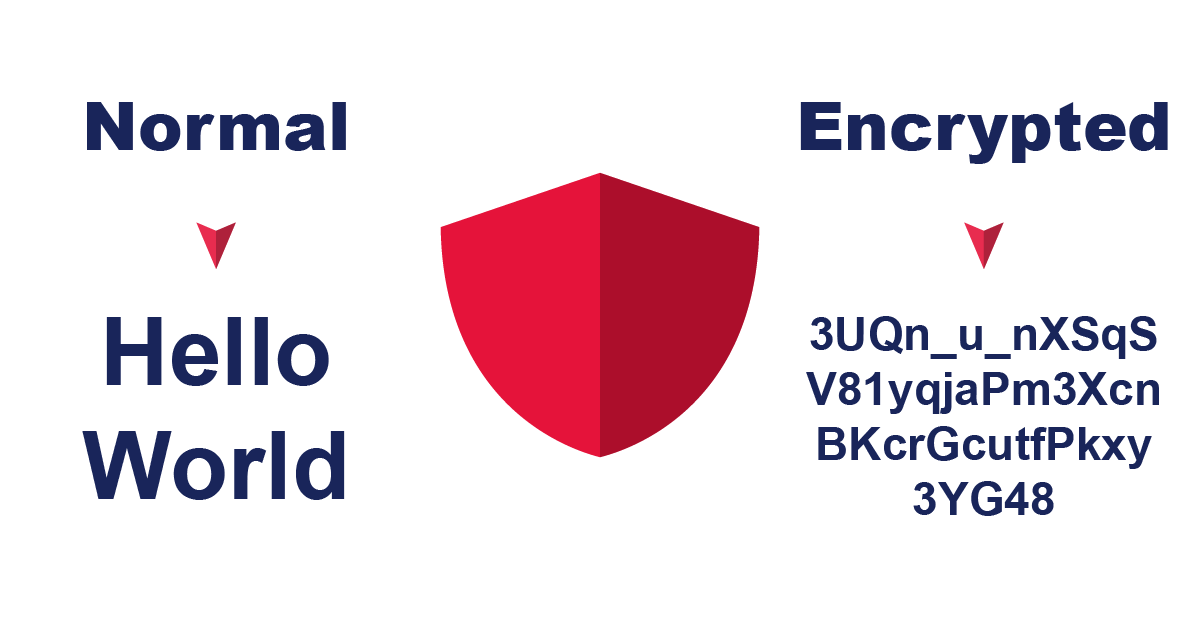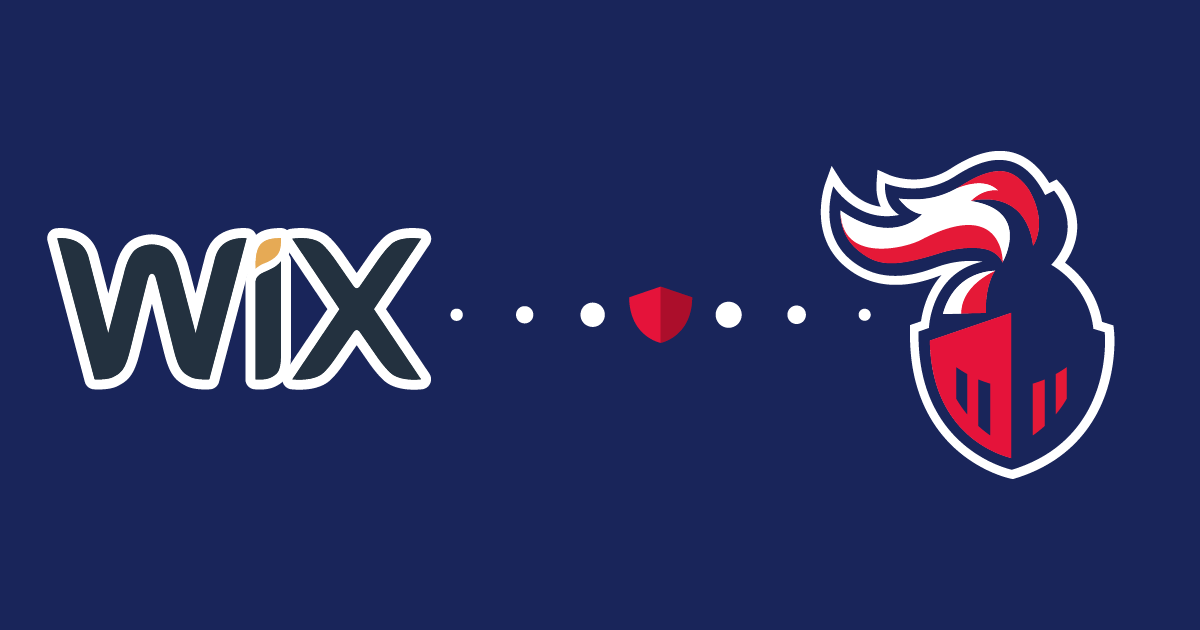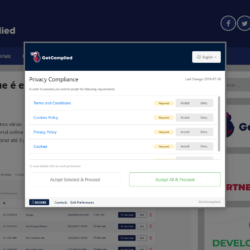What is data encryption?

What is data encryption?
Data encryption is a method used to protect your data, messages, passwords, emails.
It transforms readable data, also called plain text, into another form or code. It can only be accessed by those who have access to the secret key (formally called decryption key). Encrypted data is also called ciphertext.
Data encryption is one of the most used methods to protect data, either for companies or individuals. It’s so popular due to its efficiency.
How data encryption works.
Data encryption is a process that uses an algorithm to encrypt your data with a key. That key is generated for the data to be decrypted later.
Decryption is the opposite of encryption. It follows the same steps, but it reverses the order the keys are applied.
The most used encryption algorithms are: symmetric and asymmetric.
 Data encryption types
Data encryption types
Symmetric encryption is a type of encryption where only one key (a secret key) is used to both encrypt and decrypt electronic information. The most used symmetric-key cipher is the Advanced Encryption Standard (AES). This key cipher is designed to protect government classified information.
Asymmetric cryptography is also known as public-key cryptography. It uses two mathematically different linked keys, one public and one private. The public key can be shared with anyone, the private key must be concealed.
The Rivest–Shamir–Adleman (RSA) encryption algorithm is the most used key algorithm because both public and private keys can be used to encrypt a message.
This method provides confidentiality, but also the integrity and authenticity of electronic communications.
Benefits and importance of encryption
If you collect and keep sensitive data about your customers, there is always a risk of a data breach. It’s important to keep data safe and protect it at all costs because personal data is a valuable intellectual property. To avoid such incidents companies should encrypt all the data they store. This way, they decrease potential threats and security breaches.
No matter where you store your data: laptop, USB drive or online server, data encryption protects your documents and personal information. If, for example, your laptop was stolen or is lost (we hope not), the data it contains can’t be accessed by anyone and so it’s safe.
Data encryption also brings benefits like:
- Authentication: the origin of a message can be verified.
- Integrity: proof that the contents of a message have not been changed.
- Non-repudiation: the sender of a message cannot deny sending the message.

With the new GDPR laws, companies that operate in the EU should make sure their costumers’ data is protected.
Data encryption is a solid measure to keep data well protected from possible breaches.




